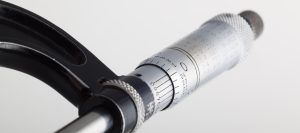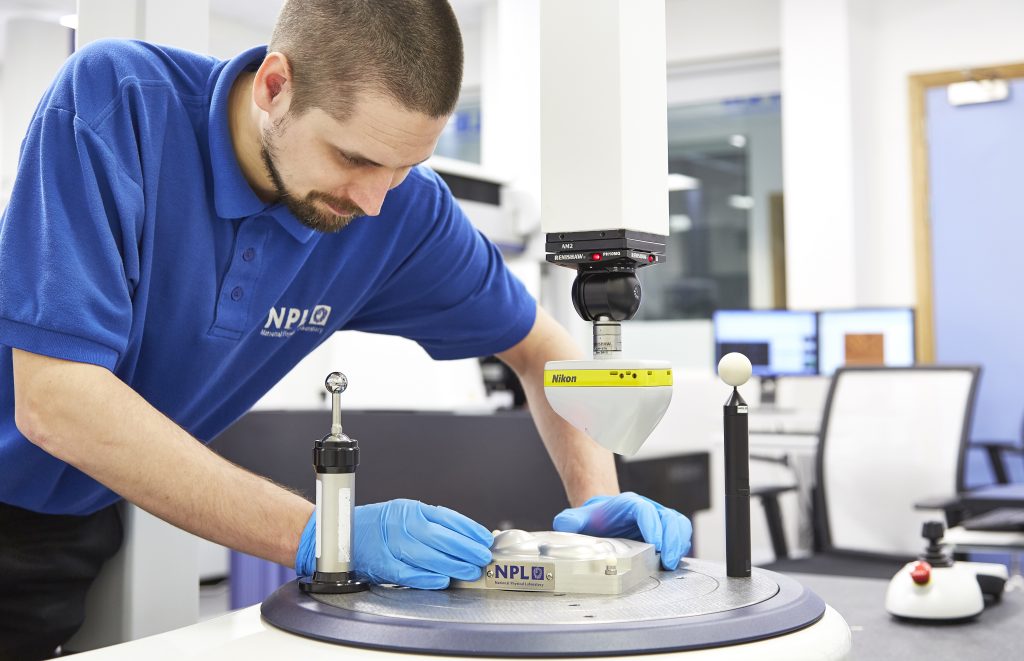

Join us at NPL in Teddington 06 February 2026 for our in-person delivery of Introduction to Calibration.
Introductory offer: Price: £400 + VAT per person
Please contact us to enrol
Calibration is a process in which an instrument or piece of equipment’s accuracy is compared with a recognised standard. The timely and correct calibration of measurement equipment is essential for compliance with standards and for trusted measurements.
In this 1-day classroom-based training course we will introduce the concept of calibration and explore the role of calibration in maintaining metrological traceability.
In addition, learners will gain hands-on experience of calibration through dimensional measurement-focused calibration tasks.
This course is suitable for a wide range of audiences, including:
This course is available via NPL Training. For delivery dates and prices, please contact us.
After this course, learners will be able to: